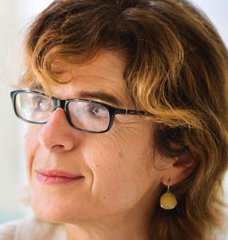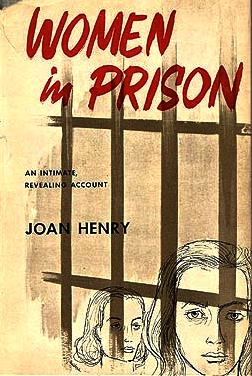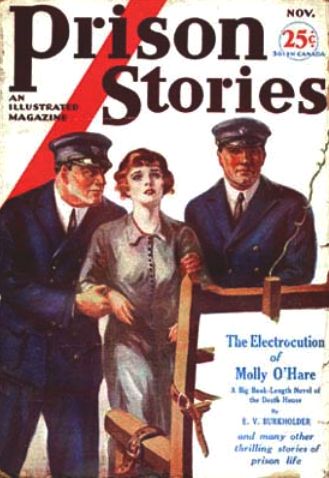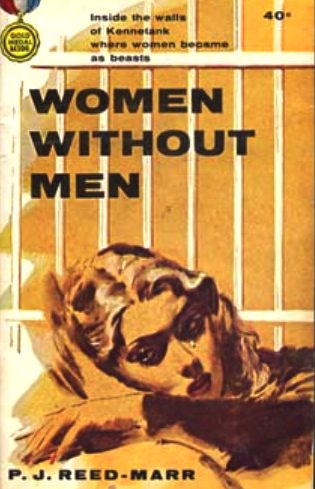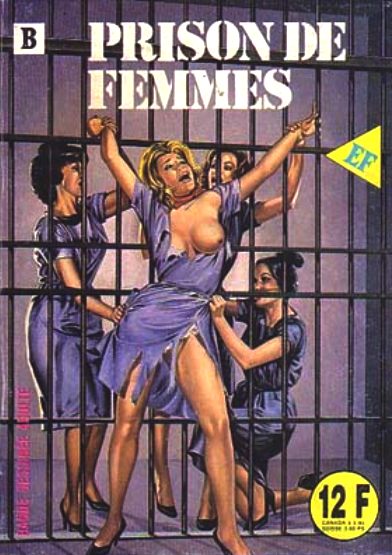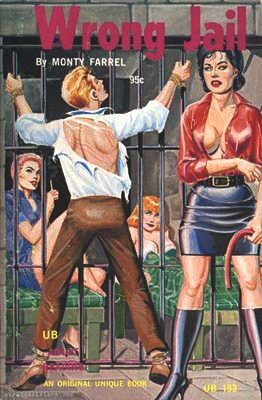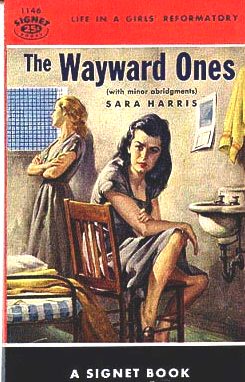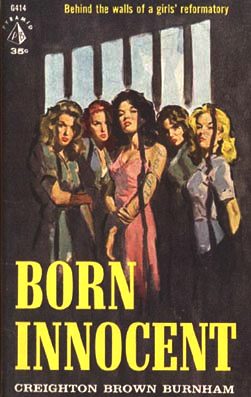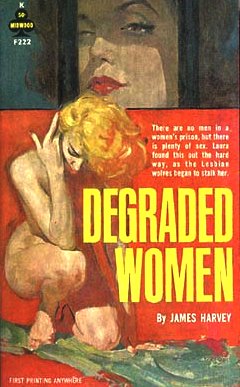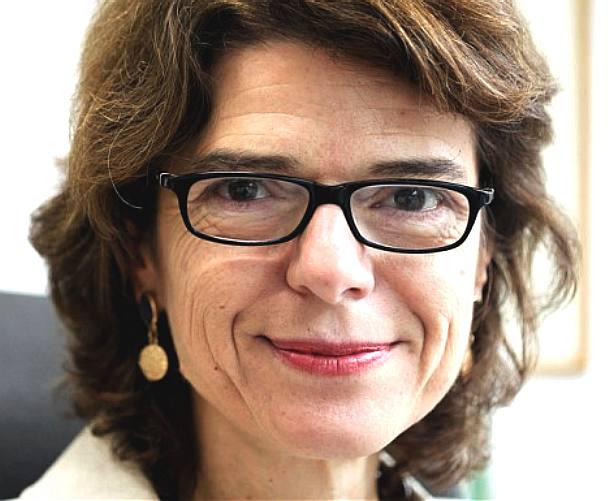
Vicky Pryce, is the former head of the Government Economic Service and a specialist in European economics with visiting professorships at some of Britain’s top universities. Pryce was propelled into the spotlight after a high-profile criminal trial in which she and her ex-husband the former Energy Secretary Chris Huhne were charged with ‘perverting the course of justice’.
HISTORY
Vasiliki Pryce (born 1952), née Vasiliki Courmouzis (Greek: Βασιλική Κουρμούζη), known as Vicky Pryce, is a Greek-born economist, and former Joint Head of the United Kingdom's Government Economic Service.
After university she had according to Ned Temko a "glittering career" as an economist and then chief economist at Williams & Glyn's Bank (now part of the Royal Bank of Scotland) from 1973 to 1983; as chief economist at Peat Marwick McLintock and KPMG from 1986 to 2001; and corporate economist for Exxon Europe from 1983 to 1986. When having a child, she took six weeks off for each one. She left KPMG at Blackfriars in late 2001, and worked for the London Economics consultancy.
DEPARTMENT of TRADE and INDUSTRY
Pryce joined the Department for Trade and Industry in August 2002 as Chief Economic Adviser, the first woman to be appointed to the post, for which the salary was about £110,000. She was also Chairman of the GoodCorporation, an organisation promoting ethical business practices.
She was Deputy Head of the Government's Economic Service from 2004 to 2007, and Joint Head from 2007 to 2010. She was appointed Companion of the Order of the Bath (CB) in 2009, but was removed from the Order of the Bath register and stripped of the honour following her conviction in 2013.
In April 2010, it was announced that she would be leaving the Department for Business, Innovation and Skills where she was Director General, Economics, and Joint Head of the Government Economic Service, to become senior managing director at the finance consultancy firm FTI Consulting.
ACADEMIA
She has been a visiting professor at City University's Cass Business School from 2002 to 2006 and from 2008 to 2011, and at Imperial College Business School since 2010; a visiting Fellow at Nuffield College, Oxford since 2008; a Fellow of the Society of Business Economists since 2005, and has sat on the Council of the University of Kent since 2005 and the council of the Royal Society for the Arts from 2008 to 2009. She was a Member of the Council of the Royal Economic Society (REconS) from 2002 to 2007.
In 2010 she became the Master of the Worshipful Company of Management Consultants.
GREEKONOMICS
In October 2012, Biteback Publishing brought out her book Greekonomics, a discussion of the crises in the eurozone, with the focus especially as the title indicates on the country of her birth. This book was intended for a broad, not merely an academic, audience. It paints a vivid picture of what a Greek exit from the eurozone might mean:
"A serious possibility of exit - and how could it be kept completely secret?
- would lead to a full-scale run on the banks. Clearly any country wishing to exit the eurozone would have to nationalize or take temporary control of the banks and reintroduce controls on the movement of capital. The government would also need to reintroduce stringent border controls to stop people leaving the country with euro notes and coins in their luggage or in their underwear! In countries like Greece, where taking to the streets is part of the political way of life, the population would probably react by attempting to physically remove their savings, breaking into the banks
- and then for good measure attacking Parliament. So in Greece a euro exit could easily end with troops on the streets and martial law
- just the circumstances that joining the EU was meant to prevent."
In early July 2013 Vicky Pryce appeared as an expert witness before the House of Lords cross-party subcommittee on economic and financial affairs, saying she saw no quick end to the eurozone crisis since structural reform will take a long time. Price favours fiscal policy that includes stimulus package and wants the European Central Bank to buy bonds.
PRISON
On 7 March 2013, Pryce was convicted of perverting the course of justice and sentenced to eight months in prison.
Pryce’s offence was to take points on her own driving licence when her husband was in danger of losing his own driving licence for speeding. That offence took place in 2003 but the trial only took place a decade later after Huhne had left Pryce for another woman. Both Pryce and Huhne went to gaol. Now Vicky Pryce is out, and has published a book about the economics of keeping people in
prison. It’s called Prisonomics: Behind Bars in Britain’s
Failing
Prisons.
TE: Please describe what it felt like when the cell door banged shut.
VP: "They do indeed say that when you hear the door being locked that you lie on your bed, turn your face to the wall and cry your eyes out. That didn’t happen to me, I was so tired I must admit I climbed into bed and slept very well. And I continued sleeping well all the time I was in prison, perhaps getting it all out of my system."
TE: You mean it was a relief to be taken out of that frenetic period of the court case and all the media attention. It was like switching off?
VP: "Perhaps. But I was just exhausted. I did then start writing things down very quickly, I was doing that during the court case, but in a way it takes you out of the unbearability of the situation. You can be a bit more of an observer, you don’t let yourself think. And you don’t let yourself sink. You are able to watch other people and their stories ended up being so extraordinary that I was able to write the book from a different angle. I was rather impressed with the way the prison system copes with all sorts of people. The girls I met were terribly vulnerable – they were victims before they were offenders. You need to look at them in that light rather than as people who have done things that have sent them to prison."
TE: Has going to prison made you cautious about breaking the law, making sure you never end up in prison again?
VP: “It’s interesting you should say that…one of my other concerns in prison – apart from making sure everyone knew I was OK, was the discovery of how easy it is to move from being ‘normal’ to being labeled an offender. I heard stories of people going out to a pub, you know girls going out in a group with their boyfriend and then there’d be a fight with a gang and maybe a knifing would happen and they’d be charged with joint enterprise. Just for going out one night to a pub. So I thought of writing to my children and telling them ‘don’t go out. Don’t go anywhere.' You have this concern. I look around me and I look at things very differently carefully. What it also does is change your priorities, you realise what’s important in terms of relationships and family and so on. It has completely changed my perspective on life.”
Interviewer:
Tim Ecott
VICKY
PRYCE - YOUTUBE
